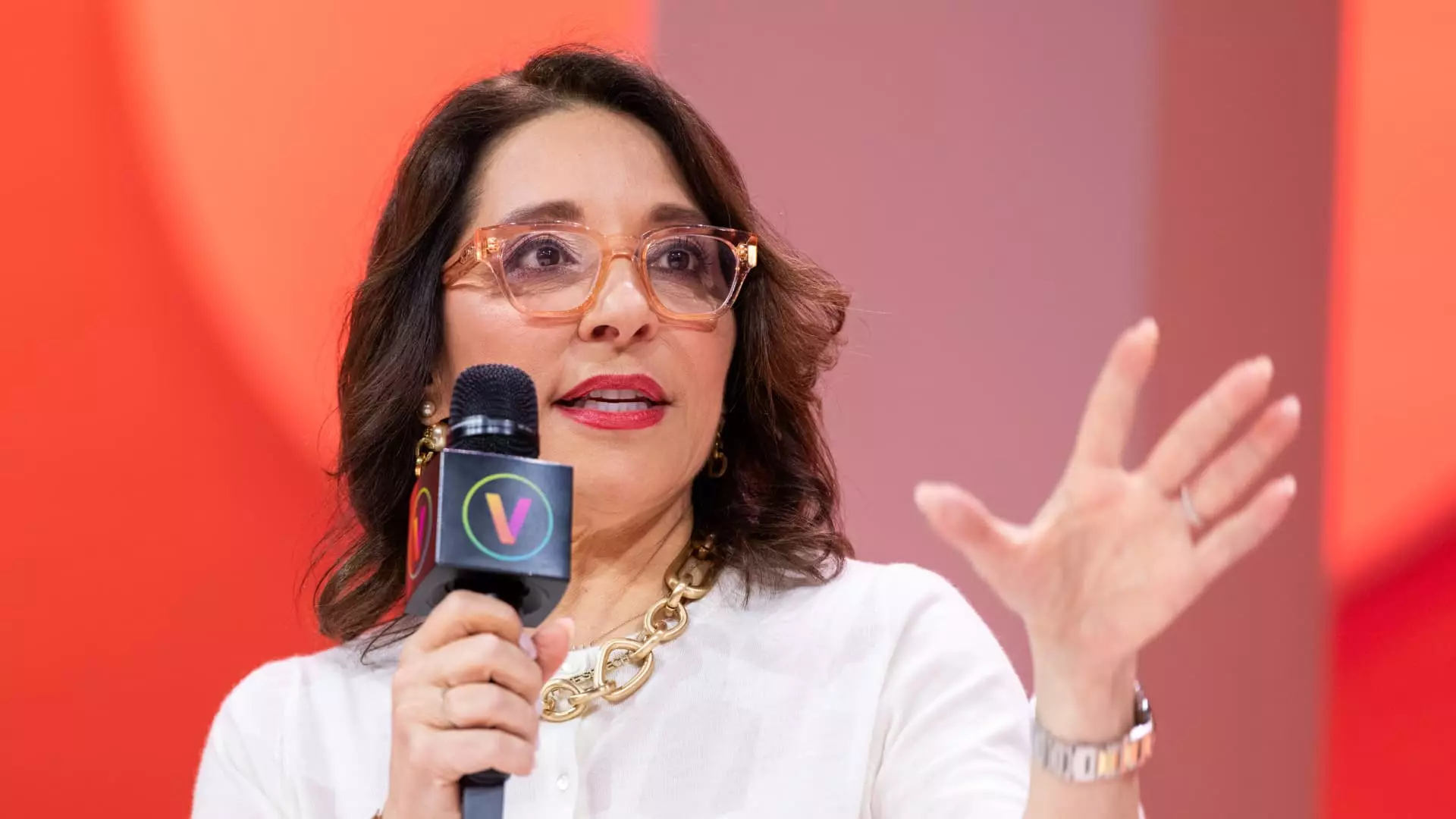Linda Yaccarino, the CEO of X, launched a scathing attack on Australia following a confrontation with online safety regulators. The incident occurred after X was taken to court over a temporary injunction blocking videos of a violent attack from being shared online. Yaccarino accused Australia of overreach in this matter and defended X’s actions, claiming that they were necessary to protect people’s access to information.
Legal Battle in Australia
The court in Australia refused to extend the temporary order blocking the videos of the Sydney church stabbing, which had been livestreamed and widely circulated online. The eSafety Commissioner had initially obtained an injunction ordering X to hide posts showing the footage of the attack. However, the court denied an extension of this injunction, allowing X to continue sharing the videos.
Yaccarino, a former global advertising chief, spoke out against Australia’s actions at the VivaTech conference in Paris. She emphasized that X operates to comply with the law but also stands up against overreach that puts citizens at risk or compromises their access to information. According to Yaccarino, X’s decision to challenge the legal injunction was necessary to ensure that people could make informed decisions.
Outcome of the Legal Battle
The federal court judge’s decision to deny the extension of the injunction was seen as a victory for X and the freedom of information. Yaccarino celebrated this decision, portraying X as a champion of truth and a beacon of light. She highlighted the importance of standing up against restrictions that limit people’s access to information.
Clash Between Musk and the Australian Government
The incident sparked a clash between Elon Musk, the owner of X, and the Australian government. Musk criticized the legal actions taken against X as an assault on free speech. Australian Prime Minister Anthony Albanese, on the other hand, accused Musk of thinking he was above the law and lacking decency in his response to the situation. The government’s position was framed as a matter of decency rather than censorship.
In response to the criticism from the Australian government, Musk posted on X that he did not believe he was above the law. This statement seemed to be an attempt to clarify his position and push back against accusations of arrogance. Musk’s response indicated a willingness to engage in the dialogue surrounding the legal battle and the broader implications for free speech.
The CEO’s response to the faceoff with online safety regulators in Australia reflects a broader debate around the balance between protecting information and ensuring free speech. The legal battle between X and the Australian government highlights the complexities of regulating online content and the challenges of navigating different cultural and legal norms. Ultimately, the outcome of this dispute will shape the future of online safety regulations and the responsibilities of tech companies in upholding free expression.


Leave a Reply